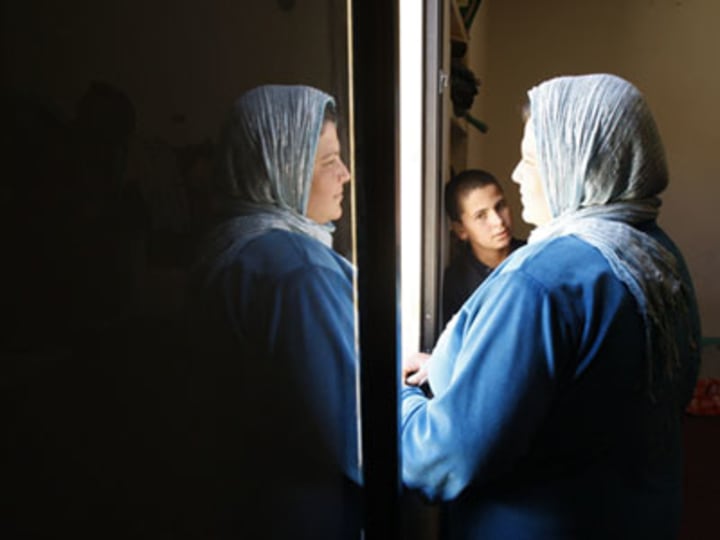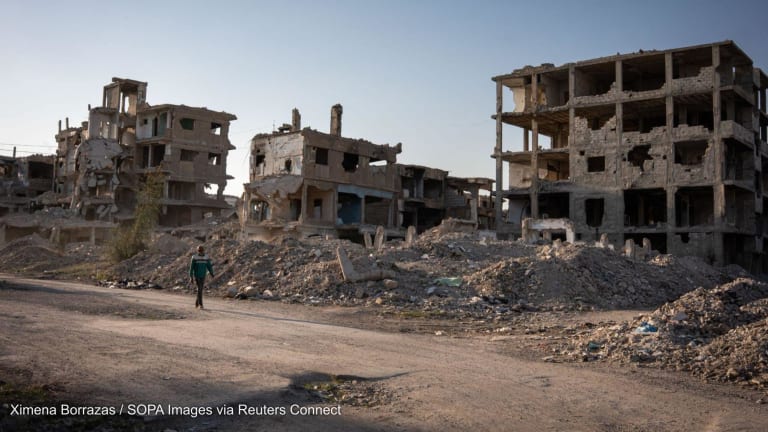
Aid agencies in Lebanon will soon begin slashing critical services as Syrian refugee populations surge amid depleted funds, a top U.N. refugee agency official told Devex.
Assistance for the over 400,000 Syrian refugees in Lebanon are at a breaking point as the U.N. High Commission for Refugees and its partners lack sufficient funding to manage “a situation that is becoming more aggravated as the weeks go on,” said Ninette Kelley, UNHCR representative in Lebanon.
With the civil war in Syria showing no sign of abating, thousands more of refugees threaten to burst Syria’s neighboring country to the brim.
“This is creating a huge strain on Lebanon and on our funding,” said Kelley.
“Last December, we put forward a funding appeal with all the partners for $247 million on the basis of refugee population plans for 300,000.”
And now that refugee populations have far exceeded the 300,000 projected for the end of June under the U.N.’s Syria Regional Response Plan covering January-June 2013, UNHCR and its partners still lack 60 percent of the requested amount.
The silver lining, an over $1.5 billion pledge from donors earlier this year, could yet be the salvation.
But while some of this amount have translated to help on the field, the vast majority of it — at almost a billion dollars from the Gulf States — have not yet been received. This could change soon, noted the UNHCR official.
“I wish I knew when the money will arrive because we’re absolutely desperate,” said Kelley. “Even the money — some $300 million for the region that might be forthcoming — in itself will not meet the region’s acute needs for the coming months.”
She lauded the donors that regularly come forward to back Syrian refugee operations in Lebanon but cited the unpredictable delivery of funds as a major problem, which could cause funds to run out before the end of the year.
Key areas of cuts
Kelley narrated how the critically-low funds have led UNHCR and its partners to “make very painful choices to prioritize among equally compelling needs.”
These needs include assistance for Syrian refugees in such areas as food, healthcare, education, shelter, and water and sanitation.
“All agencies have had to significantly scale back,” said Kelley. “I could go through every area of intervention and you’ll see how we’ve had to make the choices that we do.”
She was referring to how UNHCR and its partners are bracing to cut some essential services in order to stretch their depleted financial resources.
One of its allies in dire straits is the U.N. World Food Program which had announced earlier this month that it could stop supplying food structures for refugees by the end of April if no further funding arrives.
Healthcare services for refugees have also suffered.
“Secondary healthcare was costing us over $1 million every month, and we’re now having to focus more on primary healthcare, which means that people who have chronic diseases and need hospitalization will not be guaranteed that they’ll be able – certainly not through UNHCR, unless funding can be found – and so far that’s not been forthcoming,” warned Kelley.
In the education sector, infrastructure collapse due to overcrowding is a mounting risk for the Lebanese public school system which had absorbed over 30,000 Syrian children. Without additional money, she predicted a possible disaster.
For shelter, we might see the UNHCR set aside its long-term housing programs for refugees.
“If the current funding environment does not change, the UNHCR may have to focus more on providing very quick fixes for people who are living in informal settlements scattered throughout the country,” said Kelley.
The UNHCR representative also cautioned that if water and sanitation needs are not adequately met through ample funds, particularly for waste management in areas that see large concentrations of refugees, diseases may occur with devastating effects among the 1,000 municipalities across the country where refugees abound.
Not only a humanitarian disaster
“It is becoming much more tense here in Lebanon, because Lebanon is not getting the support it needs in order to carry what is by any stretch of imagination a disproportionate burden,” said Kelley.
She noted that Lebanese communities hosting refugee populations are starting to buckle amid tensions between opposing Syria’s and Lebanon’s fragile political climate. Lebanon is currently being run by a divisive caretaker government, which makes coordinated government responses more difficult.
“There is a humanitarian tragedy being played out here in Lebanon of almost indescribable proportions,” explained Kelley. “What we’re saying is not only support for the refugees is a humanitarian necessity in Lebanon, it’s also necessary for the future stability of Lebanon.”
Read more development aid news online, and subscribe to The Development Newswire to receive top international development headlines from the world’s leading donors, news sources and opinion leaders — emailed to you FREE every business day.




